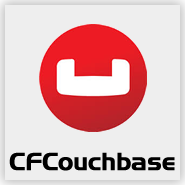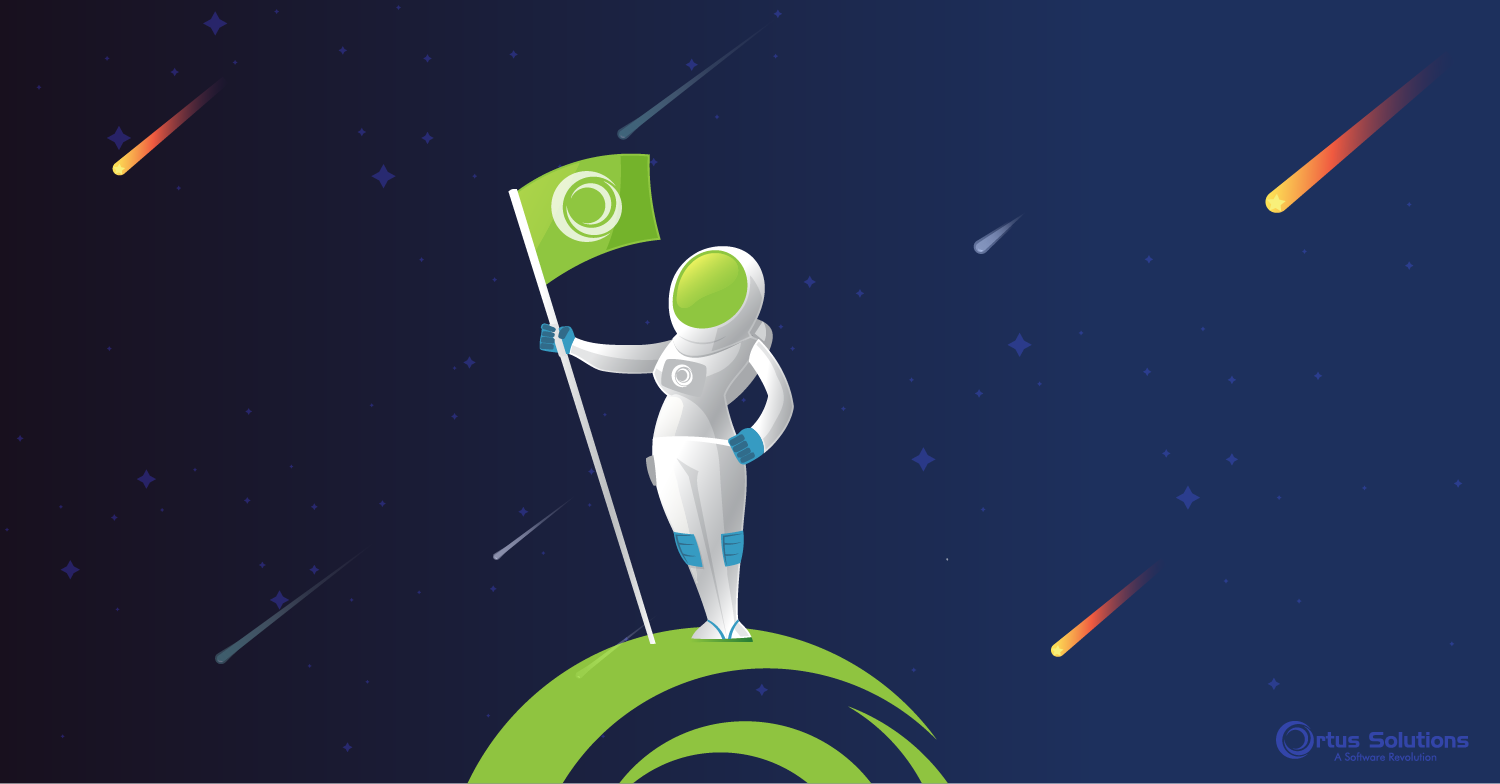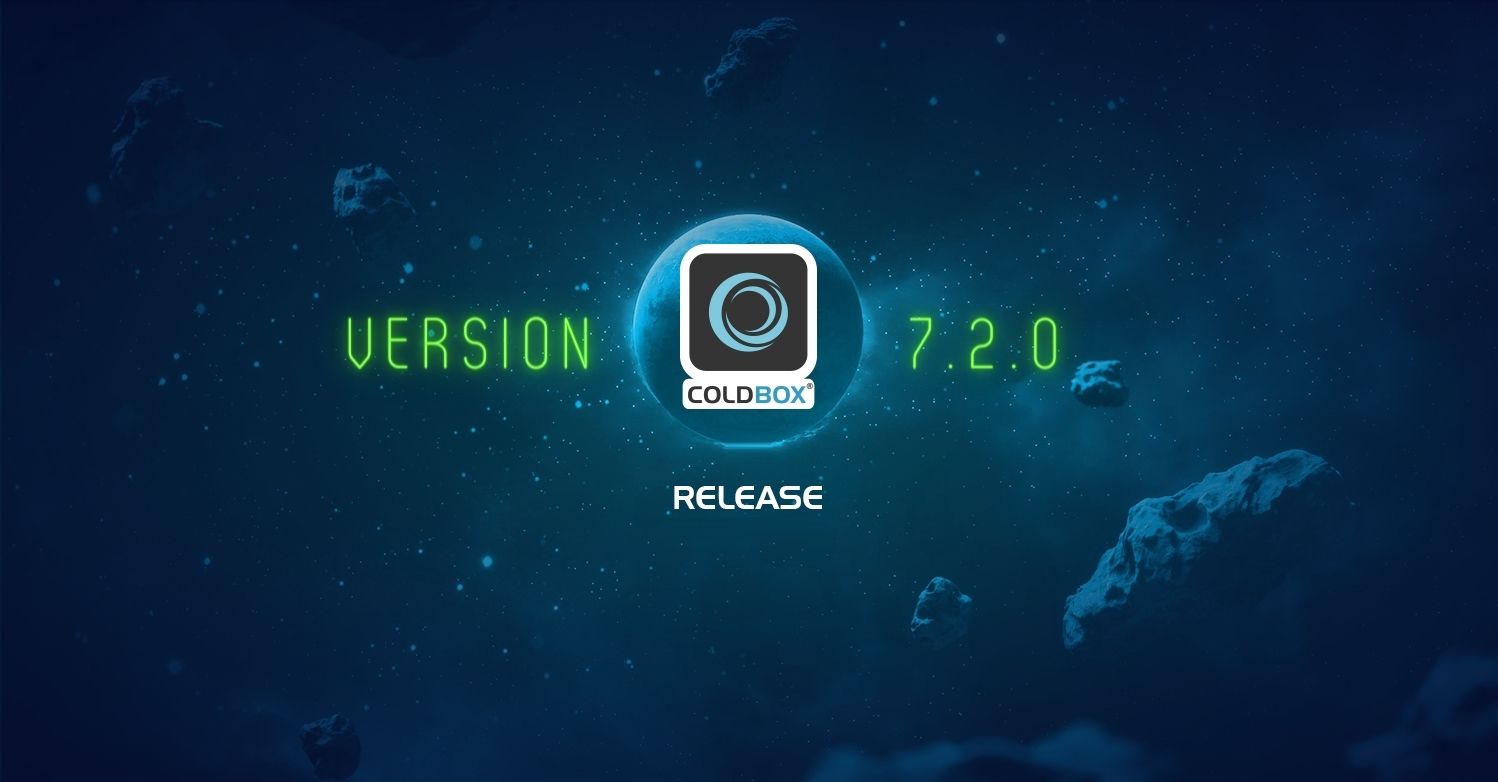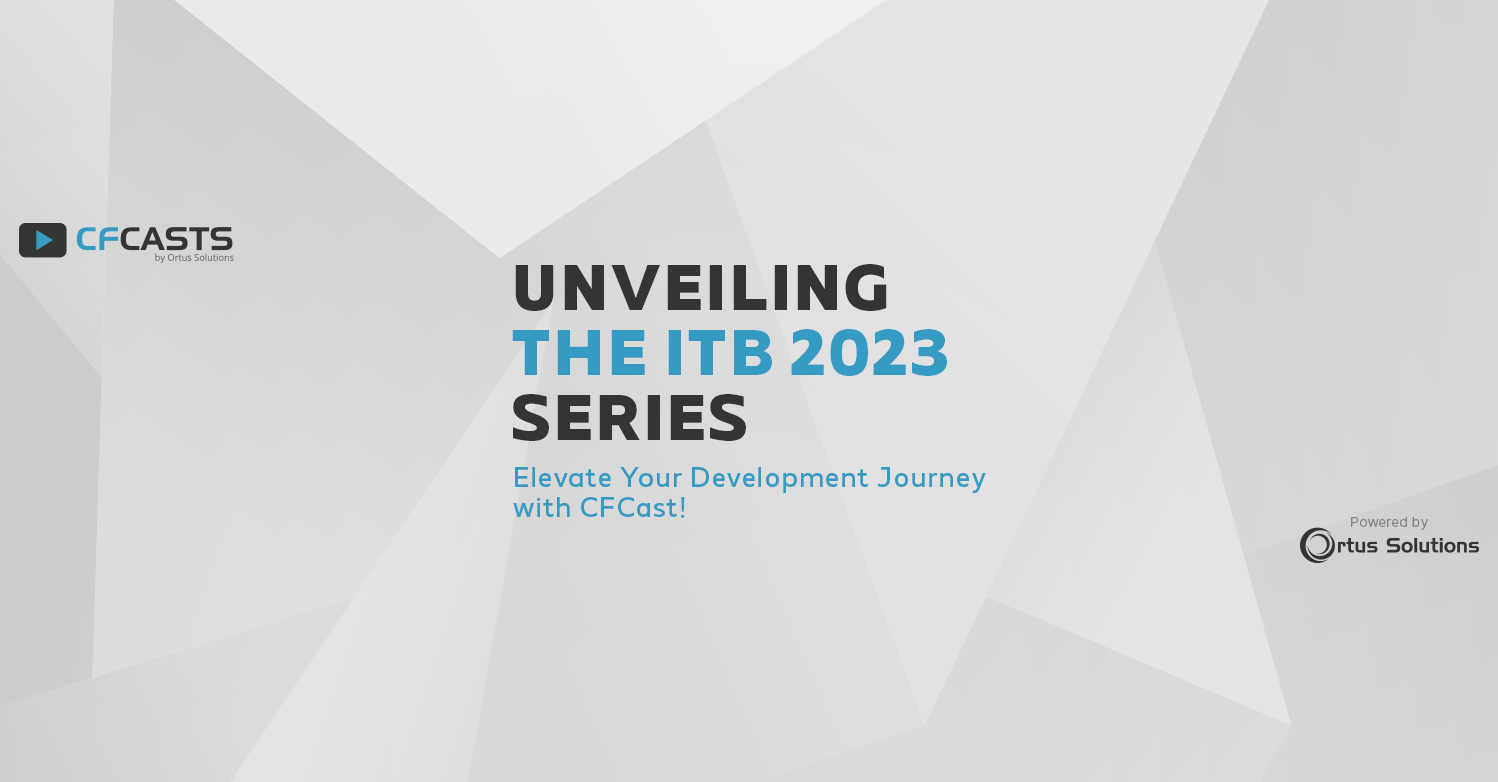
More than two years have passed since CFCouchbase 1.1 was released. With community support, we are happy to announce the release of CFCouchbase 2.0.0! If you are not familiar with CFCouchbase we encourage you to checkout the Documentation. The SDK has been updated to support the new functionality available in Couchbase Server 4.x, including:
- N1QL Queries
- GSI Indexes
- Replica Reads
- Document Locking
- Prepared Statements
- Improved Design Document Management
- Expanded Configuration Options
- And more...
CFCouchbase works with CommandBox so you can just install it by doing a box install cfcouchbase command and voila!
Changes
CFCouchbase uses the Java SDK from Couchbase, when it went from version 1.x to 2.x breaking changes occurred (for the better). We have tried to mitigate these changes where possible. Many methods that were removed from the Java SDK and we created as facades for backwards compatibility. All of these methods have been marked from deprecation, but are still supported for the time being.
add()=>insert()decr()=>counter()incr()=>counter()delete()=>remove()set()=>upsert()setMulti()=>upsertMulti()setWithCAS()>replaceWithCAS()
The SDK also brings many new methods, some of which we will cover in detail.
exists()getAndLock()getEnvironment()getFromReplica()invalidateQueryCache()n1qlQuery()publishDesignDocument()replace()unlock()
N1QL Queries
One of the biggest additions to the SDK is support for N1QL (pronounced "nickel"). N1QL is a "SQL like" syntax for working with JSON documents in Couchbase Server. You can perform a N1QL query by calling the query(type="n1ql", statement="...") method or by calling the n1qlQuery("...") method directly. Just as with View queries, the same options are available to N1QL queries, this includes:
deserializedeserializeOptionsinflateTofiltertransform
The most basic (and fastest) N1QL operation is to retrieve document(s) by their document id.
1 2 3 4 5 6 |
// querycouchbase.n1qlQuery(' SELECT u.* FROM users AS u USE KEYS "user_101"'); |
Notice the FROM clause, in this example "users" is the name of a bucket. This query can be described as:
"Get every property from the 'user_101' document in the 'users' bucket"
All N1QL queries will return an array, the response from this query would return an array of structures.
1 2 3 4 5 6 7 8 9 |
[ { "email": "Judah66@gmail.com", "first_name": "Albin", "last_name": "Price", "user_id": 101, "username": "Eudora43" }] |
The USE KEYS statement is not limited to single values either, multiple documents can be retrieved by declaring an array.
1 2 3 4 5 |
couchbase.n1qlQuery(' SELECT u.* FROM users AS u USE KEYS [ "user_101", "user_454" ]'); |
N1QL supports the standard DML operations that you would expect.
1 2 3 4 5 6 7 8 9 10 11 12 13 14 15 16 17 18 19 20 21 22 23 24 25 26 27 28 29 30 31 32 33 |
// insert a new documentcouchbase.n1qlQuery(' INSERT INTO users (KEY, VALUE) VALUES ("user_2343", { "user_id": 2343, "name": "John Smith", "email": "john.smith@gmail.com" })');// update a specific property of a documentcouchbase.n1qlQuery(' UPDATE users USE KEYS "user_2343" SET email = "elmariachi@gmail.com"');// remove a documentcouchbase.n1qlQuery(' DELETE FROM users USE KEYS "user_2343"');// update or insert an entire documentcouchbase.n1qlQuery(' UPSERT INTO users (KEY, VALUE) VALUES ("user_2343", { "user_id": 2343, "name": "John Smith", "email": "elmariachi@gmail.com" })'); |
Up to this point our queries have used just an ID when working with documents. What if we wanted to find documents based on a properties value? To do this we need to create GSI (Global Secondary) Indexes.
1 2 3 4 5 6 7 8 9 10 11 12 13 |
// create an index of usernamescouchbase.n1qlQuery(' CREATE INDEX idx_users_username ON ecommerce( username ) USING GSI');// query based on usernamecouchbase.n1qlQuery(' SELECT users.* FROM ecommerce AS users WHERE users.username = 'Eudora43''); |
There are several options for creating indexes, such as partitioning, building, covering, array indexing, etc. that are not covered in this post.
A common practice in SQL is to JOIN results across tables. N1QL supports joining results in a bucket as well as across buckets. JOIN statements utilize the USE KEYS clause.
1 2 3 4 5 6 7 8 |
// query to get all of the orders by usernamecouchbase.n1qlQuery(' SELECT orders.order_id, orders.order_date, orders.total FROM ecommerce AS users INNER JOIN ecommerce AS orders ON KEYS users.order_history WHERE u.username = 'Eudora43''); |
Document Locking
There may be instances where your application needs to prevent retrieval and updates to a given document. Document updates can be prevented by using the CAS operations, but this is not always guaranteed. The 2.0 SDK allows you to retrieve a document and lock it (for up to 30 seconds), then unlock it by updating it with CAS value at a later point in time.
1 2 3 4 5 6 7 8 9 10 11 12 13 14 15 |
// get the user document and lock ituser = couchbase.getAndLock("user_101");// update and unlock the document using CAScouchbase.replaceWithCAS( id="user_101", value=doc, cas=user.cas);// unlock the document without updating itcouchbase.unlock( id="user_101", cas=user.cas); |
Calls to retrieve or update document that has been locked, will fail until the document has been successfully unlocked or the maximum time of 30 seconds has passed.
Config
There are 44 new configuration options supported by the SDK. The options will allow you to tweak and tune your configuration to meet your needs. Examples include caseSensitiveKeys, connectTimeout, sslEnabled, queryTimeout. Please see the documentation for detailed descriptions of each configuration option.
With the changes from the 1.x to 2.x SDK the following configuration options are no longer supported:
- maxReconnectDelay
- obsPollInterval
- obsPollMax
- opQueueMaxBlockTime
- opTimeout
- readBufferSize
- shouldOptimize
- timeoutExceptionThreshold
Resources
Please visit our CFCouchbase page for all the necessary resources.




Add Your Comment